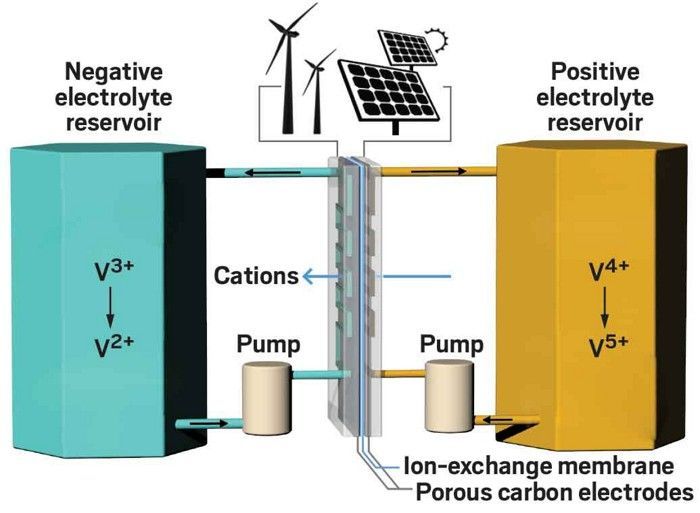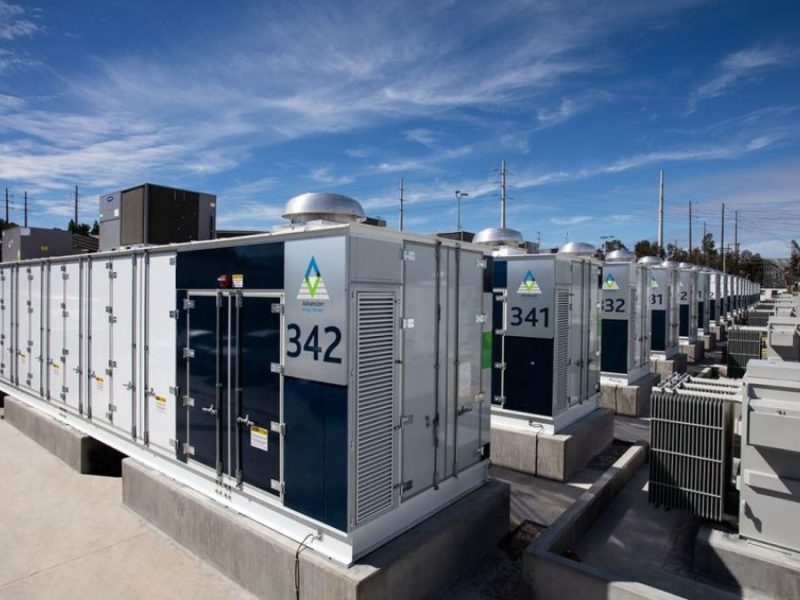In today’s rapidly advancing world of technology, energy storage batteries have become an essential component for a wide range of applications. From powering mobile devices to providing backup power for homes and businesses, these batteries play a crucial role in our everyday lives. But how exactly do energy storage batteries work, and why are they so important?
How Energy Storage Batteries Work
Energy storage batteries work by converting electrical energy into chemical energy through a series of electrochemical reactions. When the battery is being charged, a chemical reaction occurs within the battery that stores energy. When the battery is being discharged, the stored energy is converted back into electrical energy, which can then be used to power various devices.
Most energy storage batteries are made up of one or more cells, each containing positive and negative electrodes separated by an electrolyte. When the battery is in use, electrons flow from the negative electrode to the positive electrode through an external circuit, creating an electrical current. This flow of electrons is what powers the device connected to the battery.
Types of Energy Storage Batteries
There are several different types of energy storage batteries, each with its own unique characteristics and advantages. Some of the most common types include:
– Lithium-ion batteries: Known for their high energy density and long cycle life, lithium-ion batteries are widely used in portable electronic devices and electric vehicles.
– Lead-acid batteries: These batteries are commonly used for backup power applications due to their low cost and reliability.
– Nickel-metal hydride batteries: Although less common now, these batteries were once popular for use in hybrid vehicles and portable electronic devices.
Importance of Energy Storage Batteries
Energy storage batteries play a critical role in our modern world for a variety of reasons. One of the key reasons they matter is their ability to store energy generated from renewable sources, such as solar and wind power. By storing excess energy when it is not immediately needed, energy storage batteries help to balance the supply and demand of electricity on the grid, ultimately making renewable energy sources more reliable and cost-effective.
Additionally, energy storage batteries provide backup power in the event of a grid outage or natural disaster, ensuring that critical services and infrastructure can continue to operate. This reliability is especially important in industries like healthcare and telecommunications, where uninterrupted power is essential.
Conclusion
In conclusion, energy storage batteries are a vital component of our modern world, powering everything from our smartphones to our homes. By understanding how these batteries work and why they matter, we can appreciate the role they play in enabling a more sustainable and resilient energy future. As technology continues to evolve, energy storage batteries will undoubtedly remain at the forefront of innovation and progress.


